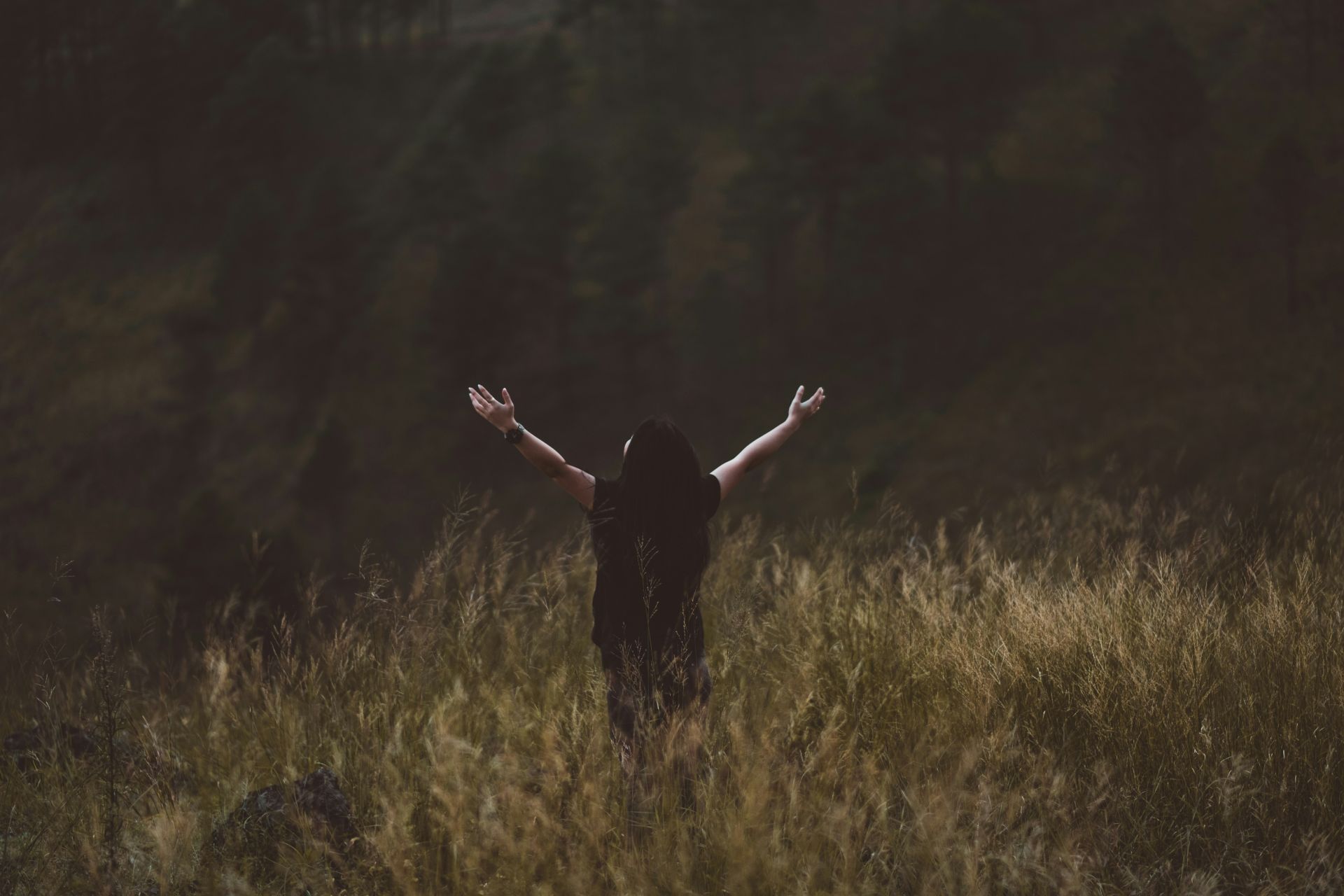Postures of Gratitude
Apr 15
/
Becky Grisell

I am a forgetful person. I often forget what day it is and must pause to remember what month it is, much less the year! I can’t remember if it was last year or the year before that we went to Peru on vacation.
Being forgetful doesn’t seem to be solely my problem though. Neither does it uniquely reflect the time we live in or the culture that shapes us.
Instead, it’s a reflection of being a human. As humans, we are prone to forget. Throughout sacred Scripture, humanity is reminded again and again to remember, 253 times to be precise. Rabbi Hershel believes, “You can summarize the whole of the Old Testament in one word: Remember.” Trevor Hudson reminds us, “One of our deep sins is forgetfulness.”
Yes, we are a forgetful people. I have noticed that I wander into judgment when I fall into forgetfulness. What do you observe?
We are also an embodied people. Our bodies are a force of and for holiness. We have wisdom running through our bodies. Our bodies know everything first and cannot lie to us. The body speaks constantly, although we might only sometimes hear its messages. Our bodies are carriers of gifts that are a blessing, a treasure, and a grace.
The Spirit of God lives and moves within our bodies. Our bodies join heaven and earth, the Divine and the Human. Our bodies are a temple, a sanctuary, a home for God in the world. They are carriers of greater self-awareness.
What happens to our body affects our spirit, just as the strength and resiliency of the spirit nurtures our body. Our bodies can help us remember.
A posture is how we hold our body. Dynamic posture is how we carry ourselves when we are moving, like when we are walking, running, or bending over to pick up something. Static posture is holding ourselves when not moving, like sitting, standing, or sleeping.
Our bodies know what to do when and what we need to remember.
David Steindl-Rast reminded us of the importance of gratitude:
There is a wave of gratefulness because people are becoming aware of how important this is and how this can change our world. It can change our world in immensely important ways because if you’re grateful, you’re not fearful. If you’re not fearful, you’re not violent. If you’re grateful, you act out of a sense of enough and not of a sense of scarcity, and you are willing to share. If you are grateful, you are enjoying the differences between people, and you are respectful to everybody, and that changes this power pyramid under which we live. ― David Steindl-Rast
Dynamic and static postures of gratitude can help us develop a memory of gratitude so we don’t forget.
If you google gratitude, the number 1 image that shows up is someone on a mountaintop or at a beach with their arms raised wide over their heads, often with their faces upwards. It is a posture of being open to all the available gifts. The 10,000 things we forget. The
simple gifts that surround us.
So, our first posture to help us remember is our arms held wide and extended above, our unmasked faces looking upwards, our hearts open.
The second most frequent image of gratitude is hands over one’s heart. The gifts move into our hearts, and the second posture moves gratitude from outside of us to inside of us.
The third posture to help us remember is our hands coming together in prayer over our hearts. The emoji for gratitude and prayer is the same – hands coming together in thanks and awe. There is a reverence as wonder attends the gifts, and there is a slight bow in the posture.
The fourth posture is when we move our hands outward to give our light and gratitude to those we encounter throughout the day.
The four postures move and flow together.
All the gifts are available to us, and we receive them. The gifts move into our hearts. They transform us as we encounter awe, wonder, and reverence. We then give it all away. Awe, wonder, and gratitude flow from within us into the world, and the world changes.
I invite you to try it.
What are the postures that help you remember?
How do you practice gratitude?
What are you noticing within yourself as you reflect on these words?

Becky Grisell
Becky is a spiritual director, supervisor, and Enneagram Coach. She places a high value on being a safe person and creating a sacred space to explore and connect with God’s activity in all of life.
She is passionate about people and their relationship with the Holy and others. Her approach is holistic, addressing the brokenness of life while focusing on the hope that is available. Becky believes in developing leaders, championing others, and practicing radical hospitality with self and others. She is Bibi (Grandma in Swahili) to 3 wonderful munchkins!
You can find out more at beckygrisell.com or contact her at bgrisell@gmail.com
She is passionate about people and their relationship with the Holy and others. Her approach is holistic, addressing the brokenness of life while focusing on the hope that is available. Becky believes in developing leaders, championing others, and practicing radical hospitality with self and others. She is Bibi (Grandma in Swahili) to 3 wonderful munchkins!
You can find out more at beckygrisell.com or contact her at bgrisell@gmail.com

